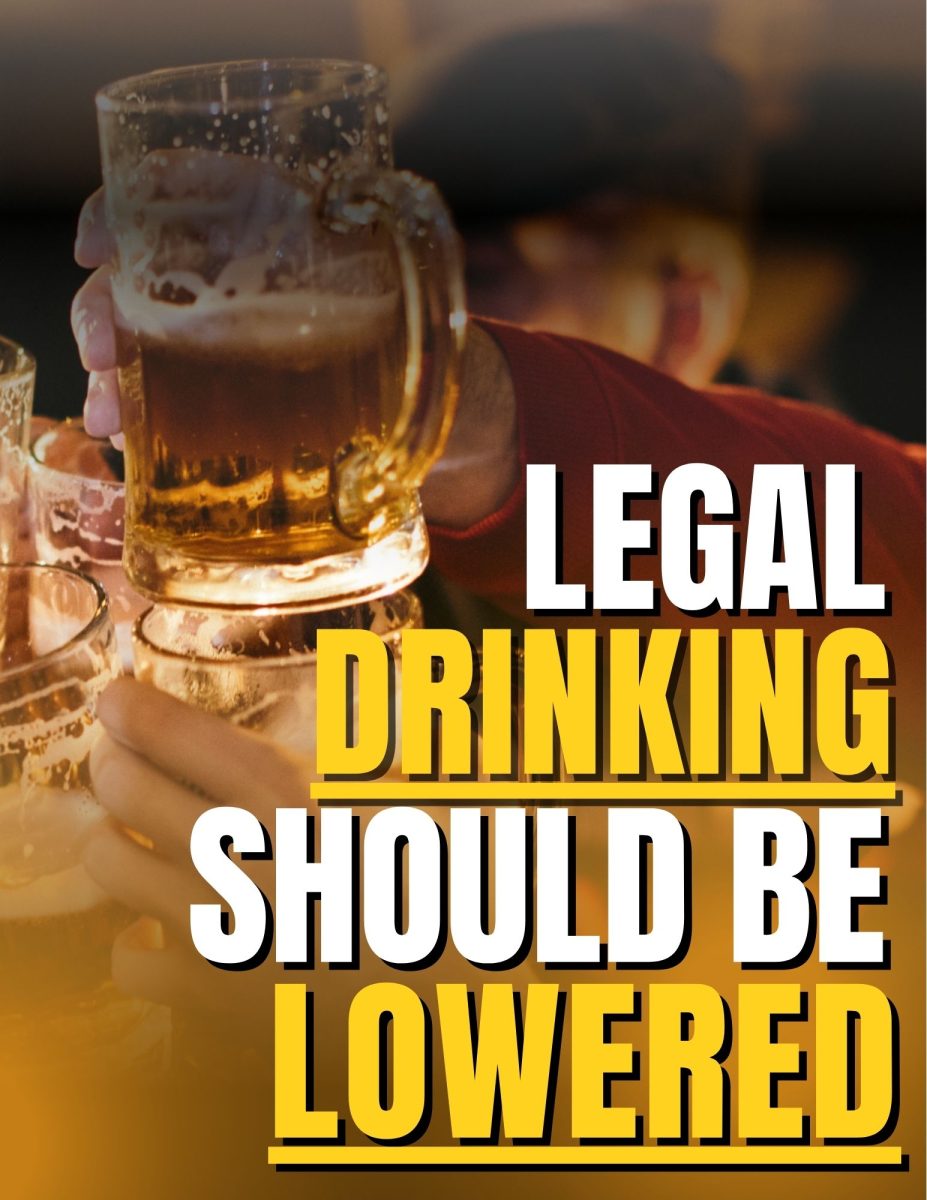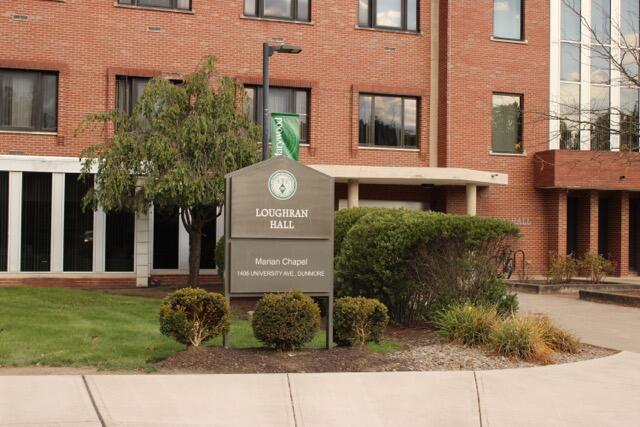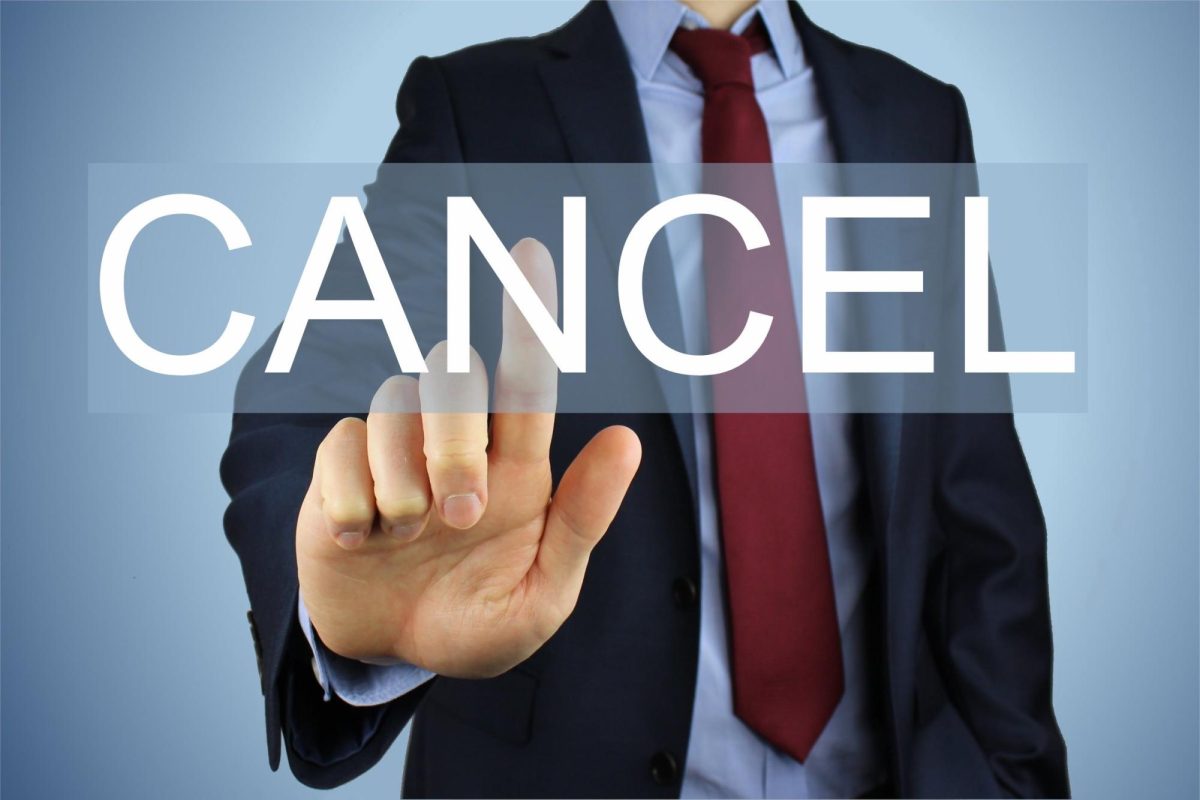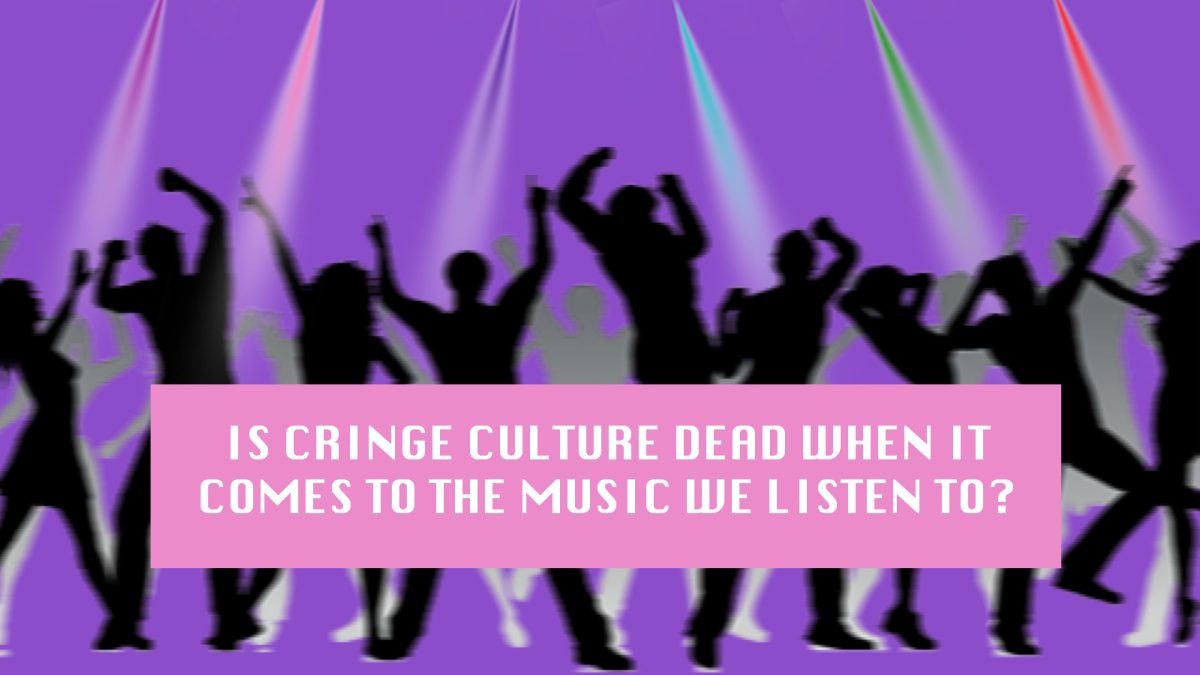In 1984, the United States government changed the minimum drinking age from 18 to 21. Though the law was created to stop drunk driving and public health, it has also launched intense controversy.
Some argue that the drinking age must be reduced because it is outdated, compared to other legal responsibilities given at age 18, and potentially more harmful than helpful. Lowering the drinking age to 18 is a chance we can take to lead to greater responsible use of alcohol, respect for other people’s rights and greater compatibility with social expectations.
By 18 years of age, Americans are adults in the eyes of the law. They can vote, sit on a jury, enter into contracts, get married and serve in the military. All these activities take maturity, but all these same individuals cannot legally consume an alcoholic drink. This is not a trivial matter when it comes to personal freedom and fairness. If 18 year olds are trusted with the task of determining the fate of the country or giving up their lives, they should also be entrusted with the responsibility of drinking responsibly.
This minimum drinking age has not stopped underage drinking, it simply moved it underground. In 2024, 10.4 million people from the ages of 12-20 reported that they drank. Most young adults drink in unsupervised settings where binge drinking and risky behavior are more likely. Because the law creates a “forbidden fruit” effect, it could lead to defiant drinking instead of responsible drinking habits. Lowering the legal drinking age, coupled with education regarding moderation and safety, could legalize alcohol in a healthier way and reduce risky behavior.
The United States is one of the only developed countries still having a drinking age of 21. Most European countries have set their legal drinking age at 18 or even lower. These countries are more inclined to focus on cultural education regarding drinking alcohol rather than prohibition. For example, countries such as Germany, France and Italy introduce alcohol in a domestic setting, where moderation is taught. These countries have lower alcohol related fatality rates and problems of youth compared to the U.S.
In place of age restrictions, the U.S. would benefit from more stringent alcohol education. Alcohol education would teach young adults about the dangers and responsibilities of drinking. To empower youth with knowledge, instead of treating them as incapable of handling alcohol, would promote respect for the law and healthier lifestyles in the long term.
Enforcing the drinking age is expensive for businesses, police departments and colleges. It serves to create fake IDs, illegal selling and unnecessary legal issues for youth. Lowering the drinking age would make enforcement simpler, shift efforts toward preventing actual abuse and drunken driving and remove the stigma currently associated with young people’s drinking.
Lowering the drinking age to 18 is not meant to encourage alcohol consumption, but to create a more realistic and more effective system. By aligning the drinking age with other obligations of adulthood, shifting the focus from punishment to education and adopting a more culturally sensitive view of alcohol, the U.S. can develop a healthier relationship between its young adults and alcohol. It’s time to update the law and trust 18-year-olds with the rights and responsibility they deserve.
Contact the writer: [email protected]


















